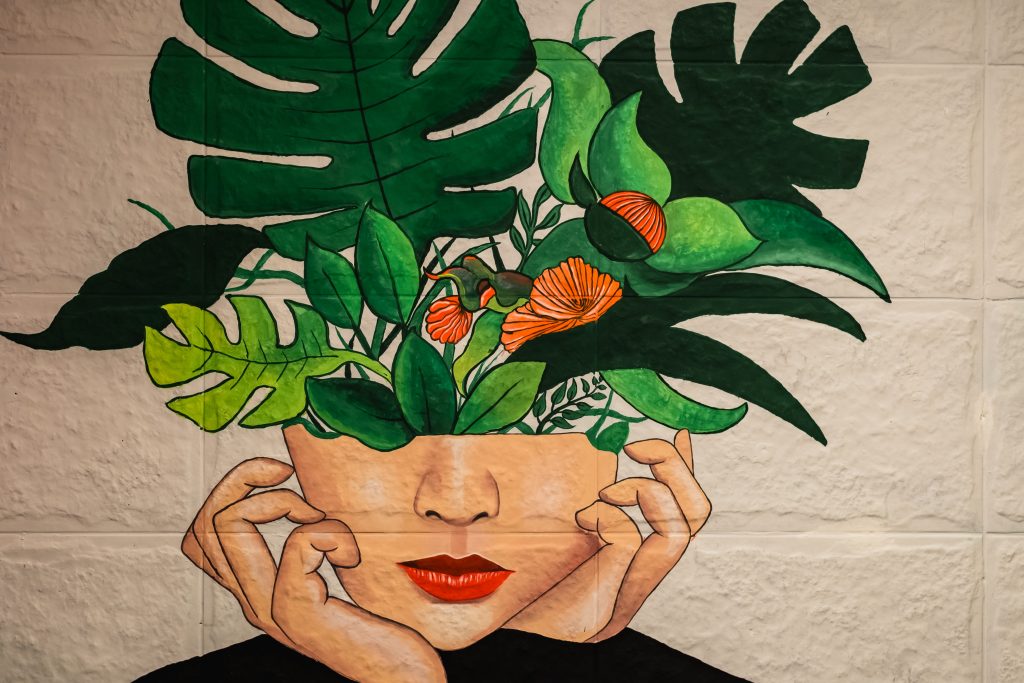
Keeping Up Conversation: How to Sustain Feminism After the Fall of Roe
Article by Ella Jarman-Powis
Photo by Ashkan Forouzani on Unsplash
Depending on who is reading this, you might have remembered where you were on Friday the 24th of June last year. Or you may have not. I for one, remember waking up on a winter morning during my university holidays in Australia; but the feeling that hit me when I checked my phone is far more vivid. It was the day that Roe v Wade had been reversed.
It felt like the decision of twelve judges had been as easy as the flick of a light switch to make, as effortless as resting my forearm on a table; and at the same time, I woke up on the other side of the world feeling as though someone had ripped out my stomach whole.
A lot of us went through that in June last year. We shared a global heartache for women and people in North America, whose lives had been completely torn apart. However, this pain soon became ordinary – and as the headlines faded into something a little more new, a little more surprising – the feeling of being helpless in the matter was soon forgotten.
I do not know why we haven’t talked about it since then. In the last decade, women’s rights have been steadily removed from our global community – from Türkiye’s withdrawal from the Istanbul Convention to the United Kingdom’s rise in violence against women, to China’s censorship of feminist terms and content. The era has been even coined by the Dean of the Blavatnik School of Government, Ngaire Woods, as the “global war on women”.
Although this war has been fought since the conception of our patriarchy, recent world crises have left women considerably worse off; not to mention the stronghold of the world’s far-right state leaders in the last decade. COVID-19 alone has compounded what already most women faced – raised economic insecurity and poverty, for whom women make up the majority of the world’s poorest, more frequent domestic and sexual violence and reduced access to sexual healthcare, to name a few. Conflict in Ethiopia, Ukraine and Afghanistan have robbed women and girls of their autonomy and education and placed them at a frighteningly high risk of gender-based violence. And as if these problems were not enough to face, the rise of right-wing, extremist and often religious, fundamentalist governments have toppled the treasured legal securities for their female and non-binary citizens, led by what is apparently our ‘shining pinnacle of democracy,’ the United States of America.
These issues do not manifest in a nation-based vacuum. The media neglects to emphasise how step-backs in women’s rights affect everybody in our globalised world. Multiple international organisations, Human Rights First and Amnesty International among them – warn of the very possible potential for nations to take the U.S.’s move as support for their own anti-rights campaigns. In addition, North America continues to support the global gag rule, meaning that NGOs who receive funding from the hegemony are prohibited from practising reproductive healthcare, which has severely affected women who rely on NGOs for sexual health services.
However, in the face of everything we come across day-to-day or hear on the news, there remains this sense of helplessness that makes our global society seemingly unable to stay in the same crisis for longer than four or five days. Maybe partly out of guilt, we tsk tsk a few times, repost an Instagram post and bid our victims of these crimes against humanity farewell into the abyss of irrelevance until a snappy, heart-tugging story rises to the surface again for our moment’s pity. The problem becomes someone else’s.
But this is not inevitable.
By removing our sense of power over our futures and enforcing an uber-individualist culture, our patriarchy dissuades women from activism and solidarity. By making a global problem feel out of our reach because of our isolation, we neglect our natural ability to be powerful and effective activists, driven by our relative standpoint in society. And – perhaps most importantly – we are tricked into collectively forgetting global issues, global issues that will affect us – perhaps for generations to come – because we feel like we are unable to do anything about them.
But the very fact that the decrease in women’s freedoms is global enables us to contribute to a global solution. The fact that we have experienced the problem gives us our own agency to challenge the status quo. If we keep Roe v Wade in our conversations, if we keep the withdrawal from the Istanbul Convention in our memory, and vitally – if we don’t stop talking, together we will take a significant step towards true justice just by showing the world that we still matter.
And who could argue with that?

0 Comments